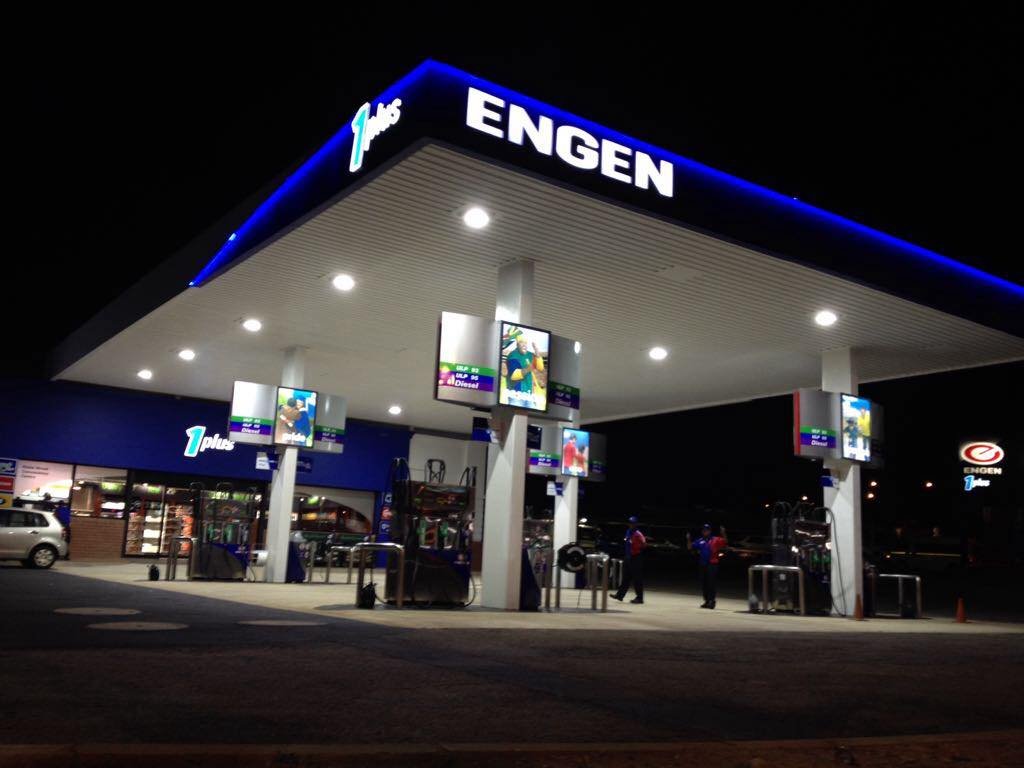

SA, Nigeria and Kenya driving e-commerce volumes in Sub-Saharan Africa
The top market contributors to e-commerce in Sub-Saharan Africa (SSA) over the last three years were South Africa, Nigeria and Kenya, with Ghana also showing growth, having replaced Kenya in the top three contributors in 2020. This is according to a recent white paper released by Visa titled ‘eCommerce developments across Sub Saharan Africa (SSA)’.
According to Visa, SSA may be one of the smallest regions of e-commerce globally, but it shows steady growth potential. During lockdown the region saw new e-commerce users rise by 5% when compared to the active base in SSA the previous year.
“The three leading markets in SSA are starting to mature, providing the region with an established foundation and, when twinned with the growing penetration of e-commerce, it offers players in the payment space an opportunity they can capitalise on while helping to further accelerate the expansion of e-commerce in the region,” explains Lineshree Moodley, head of Visa Consulting and Analytics (VCA) in Sub-Saharan Africa.
The Visa report confirmed that as the world becomes increasingly digital, e-commerce has been driving the acceleration of digital commerce. It has experienced phenomenal growth rates around the world, and even recent setbacks as a result of the continuing Covid-19 pandemic haven’t stopped its rise. In fact, according to recent GroupM estimates, e-commerce sales are projected to grow to $7tn across the globe by 2024.
African countries reach tipping point for e-commerce adoption – PayU data
African countries reach tipping point for e-commerce adoption – PayU data
South Africa’s m-commerce up 35%, Nigeria is Africa’s biggest e-commerce market, and Kenya primed for massive growth…
The Visa research paper found that, in SSA:
• Cross-border transactions make up half of all e-commerce transaction volumes
• E-commerce is driven by retail goods and professional services
• Mobile phones are the main source of digital access
• Payment facilitators are a critical catalyst for digital payments
• Fraud protection is key to maintaining customer trust
In terms of the merchant categories driving e-commerce, for Kenya and Nigeria, there is a steady dedication to service-based merchants with a strong spread across services categories such as professional services, education, government, and business-to-business merchants. In South Africa, professional services and telecom/utilities merchants were the top drivers of e-commerce in 2020.
Payments methods
The most important e-commerce enablers – the ability to access financial services, digital payment channels and digital infrastructure – are starting to take hold across SSA. Although cash may remain the dominant payment instrument in the region for now, there are signs that this will eventually change. In Nigeria, for example, cash is still particularly prevalent, while in Kenya mobile money is most popular and many South Africans choose cards as their main payment methods.
The Covid-19 pandemic has pushed consumers towards digital payments in the key e-commerce markets for SSA. At a primary level of cash versus digital payment instruments, there has been a strong move away from the use of cash across the board. This is due to a shift to e-commerce behaviour that is mostly enabled by digital payments and a reduced preference for face-to-face interactions that involve handling common surfaces, such as cash.
When exploring digital payments usage, the use of cards has increased across the continent, with the highest uptick taking place in Kenya. However, the nature of this usage is interesting. There has been a strong preference for contactless payments, a notable point for enabling safe card payments on delivery, as well as in the use of e-wallet services, as cash is seen as a vector for the virus.)
Most South Africans do not shop online due to high levels of poverty, high data costs and poor infrastructure, digital inequality, and the impracticality…
With these realities, how can payment industry stakeholders and merchants capitalise on these opportunities, to sustain the growth of e-commerce in the region?
Aldo Laubscher, country manager at Visa South Africa, says that it is important that e-commerce platforms are designed with end-to-end mobile enablement in mind, and that online payments provide a strong user experience that is secure and appears seamless to the customer, both for local and cross-border transactions.
“Customers in SSA are making use of a wide range of digital payment instruments, so it is becoming increasingly important that e-commerce offers multi and even omnichannel experiences. At Visa we continue to work with traditional and new financial services companies to develop new products and capabilities that deliver on this.”
Visa notes that as domestic e-commerce provision in SSA is continues to grow, there is an exciting opportunity for SSA to develop its own regional e-commerce platforms and sustain growth, while increasing the continent’s connection to the rest of the world.
Source:BizCommunity


















